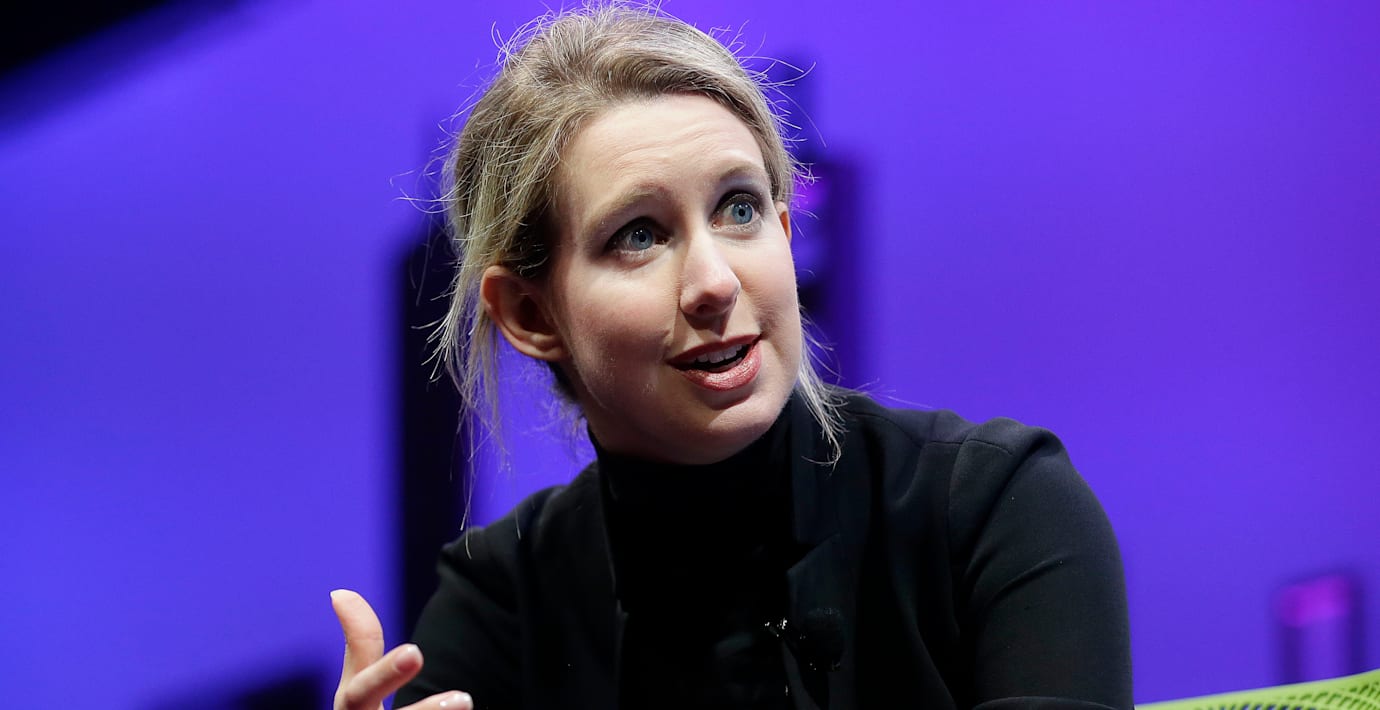Wikipedia (en)
Theranos () was a privately held health technology corporation. It was initially touted as a breakthrough technology company, with claims of having devised blood tests that required only very small amounts of blood and could be performed very rapidly using small automated devices the company had developed. However, the claims later proved to be false. Founded in 2003 by then-19-year-old Elizabeth Holmes, Theranos raised more than US$700 million from venture capitalists and private investors, resulting in a $10 billion valuation at its peak in 2013 and 2014. Theranos was hyped to its investors and in the media as a breakthrough in the blood-testing market, where the U.S. diagnostic-lab industry posts annual sales of over $70 billion. Theranos claimed its technology was revolutionary and that its tests required only about 1/100 to 1/1,000 of the amount of blood that would ordinarily be needed and cost far less than existing tests.
A turning point came in 2015, when medical research professors John Ioannidis and Eleftherios Diamandis and investigative journalist John Carreyrou of The Wall Street Journal questioned the validity of Theranos's technology. The company faced a string of legal and commercial challenges from medical authorities, investors, the U.S. Securities and Exchange Commission (SEC), Centers for Medicare and Medicaid Services (CMS), state attorneys general, former business partners, patients, and others. By June 2016, it was estimated that Holmes's personal net worth had dropped from $4.5 billion to virtually nothing. The company was near bankruptcy until it received a $100 million loan from Fortress Investment Group in 2017 secured by its patents. In September 2018, the company ceased operations.
In July 2016, Theranos received sanctions from the CMS, including the revocation of its CLIA certificate and prohibition of Holmes and other company officials from owning or operating a laboratory for two years. Theranos announced it would close its laboratory operations and wellness centers to work on miniature medical testing machines. In April 2017, Theranos said it had reached a settlement agreement with CMS. Following the CMS sanctions, the Walgreens pharmacy chain terminated its contract with Theranos and filed a lawsuit claiming continuous breaches of contract. The suit was settled out of court, with Theranos compensating Walgreens for a much smaller amount than the claimed $140 million, reported at about $30 million. After efforts to find a buyer went nowhere, what remained of the company dissolved on September 4, 2018.On March 14, 2018, Theranos, Holmes, and former company president Ramesh "Sunny" Balwani were charged with "massive fraud" by the SEC. One section of the complaint says Holmes falsely claimed in 2014 that the company had annual revenues of $100 million, a thousand times more than the actual figure of $100,000. Theranos and Holmes agreed to resolve the charges against them, with Holmes paying a fine of $500,000, returning the remaining 18.9 million shares that she held, relinquishing her control of the company, and being barred from being an officer or director of any public company for ten years. According to the agreement, if Theranos were acquired or otherwise liquidated, Holmes would not profit from her ownership until more than $750 million was returned to investors and other preferred shareholders. Theranos and Holmes neither admitted nor denied the allegations in the SEC's complaint. Balwani did not settle. On June 15, 2018, the U.S. Attorney for the Northern District of California announced the indictment of Holmes on wire fraud and conspiracy charges. Balwani was also indicted on the same charges. The trial was scheduled to commence in August 2020, but it has been delayed due to the COVID-19 pandemic. It is currently scheduled to begin on March 9, 2021.




